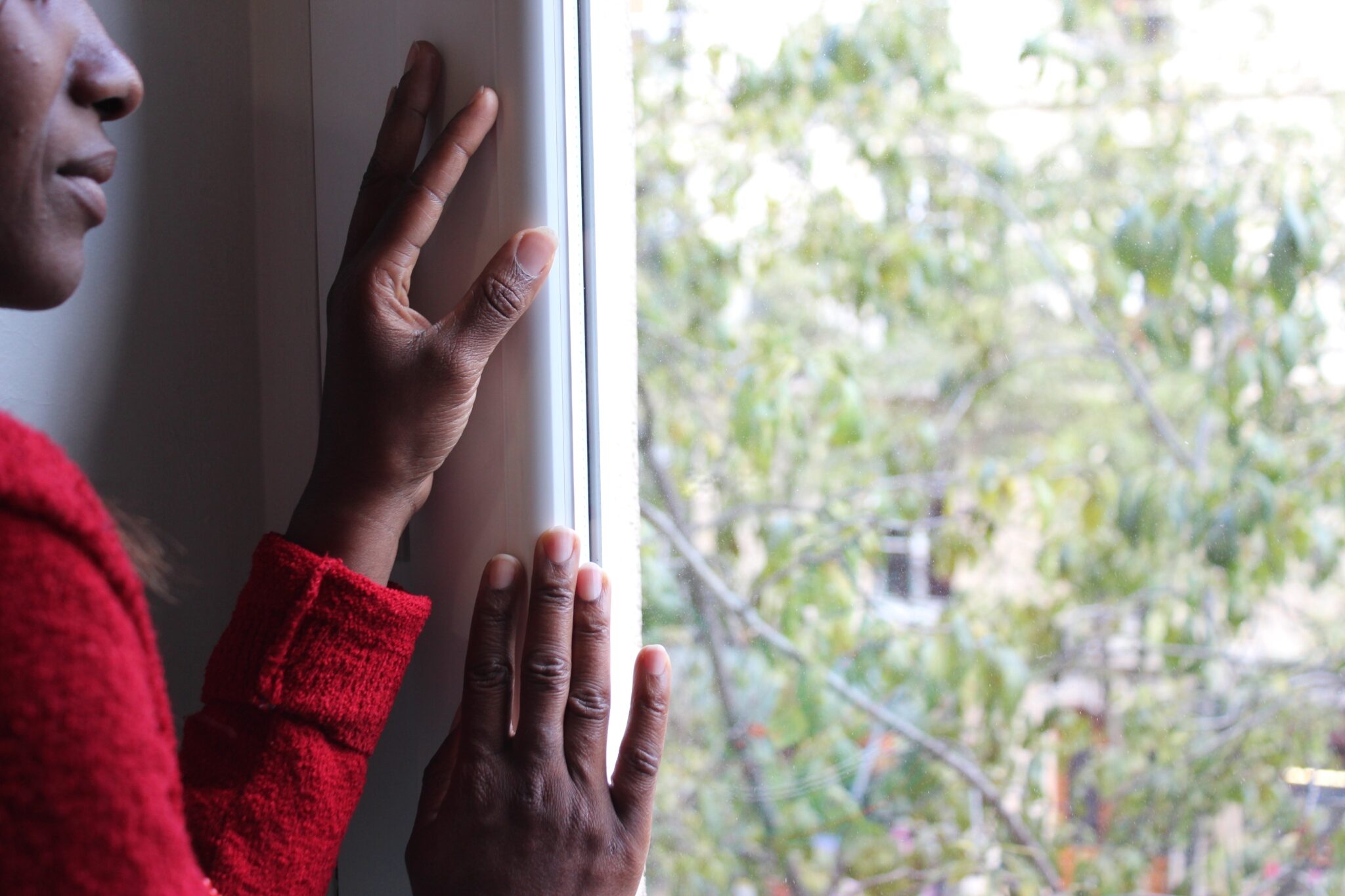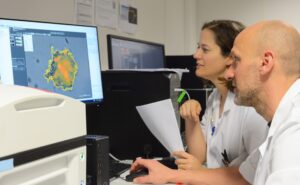Origin Story
Centre Primo Levi opened its doors in may 1995 following the Bosnian War and the Genocide of Tutsis in Rwanda. The post traumatic suffering from those horrific events prompted a group of clinicians with experience in the field to come together and create a multidisciplinary care center. The name comes from Primo Levi, a Holocaust survivor and one of the greatest writers of the twentieth century, and serves as a testament to the refusal of inhuman and cruel treatment. Five associations united to become founding-members: Amnesty International – French section, Doctors without Borders, Actions by Christians for the Abolition of Torture, Jurists without Borders, and Trêve (the initial founding clinical team) to set up the center. Various care professionals, such as doctors, psychologists, a physiotherapist and a social worker were subsequently brought together. Shortly after, a training center was developed for professionals to learn how to appropriately care for victims of torture. Advocacy became an integral part of the organization as the team ambitioned their project to be a global project.
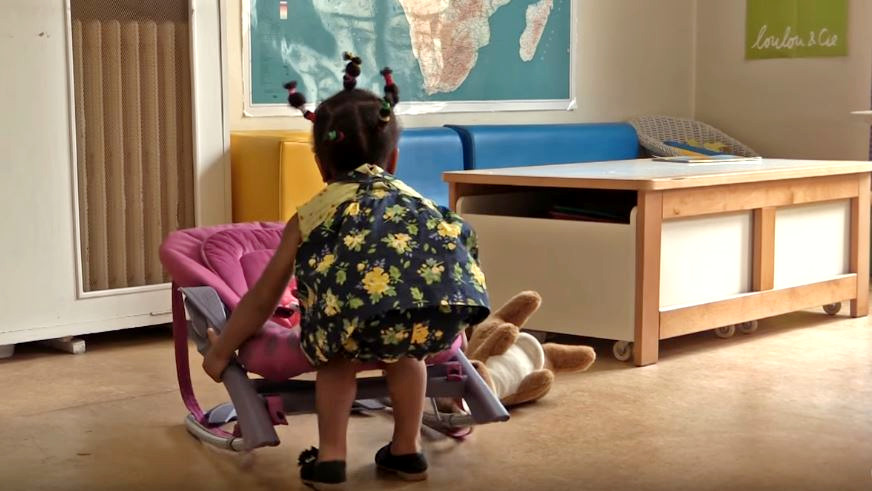
Easing the Suffering
The care center works to help patients restore their sense of dignity and identity with the desired outcome of having them function well in daily life. The average amount of time needed for patients to feel significantly better is an estimated three years, but considering their horrendous encounters with human-induced violence, it can vary. “It requires infinite attention to restore a person’s dignity,” mentioned Agrali. Upon enduring political violence and exile, patients suffer psychologically. Oftentimes, they struggle with daily living more than with coping with the past, since reception conditions for asylum seekers are widely unsatisfactory.
Listed below are some of the most damaging effects of political persecution:
- Not being able to trust others, in a state of hypervigilance
- Loss of self-esteem and confidence
- Feeling threatened and vulnerable
- Undeniably changed, not recognizing oneself
- Feeling dull, depressed, irritable or unmotivated
- Struggling with mental health and relationships
- Experiencing a strong sense of guilt
The care center is a place of reference that recognizes patients, both adults and children, as victims in order to help them move on, and out of that confining status. They are treated with consideration and allowed to take their time. To restore a sense of dignity in patients, it is necessary to respect a patient’s needs, feelings, and decisions. Validating their experience and listening to their story is an essential step in healing. They are provided with psychological, medical and physiotherapeutic consultations, as well as social and legal assistance, if need be. The care center works exclusively with trained professional interpreters, covering over 25 languages, for all non-French-speaking patients. This course of action helps fully equip patients with the tools needed to integrate back into daily life and prevent transgenerational transmission of trauma.
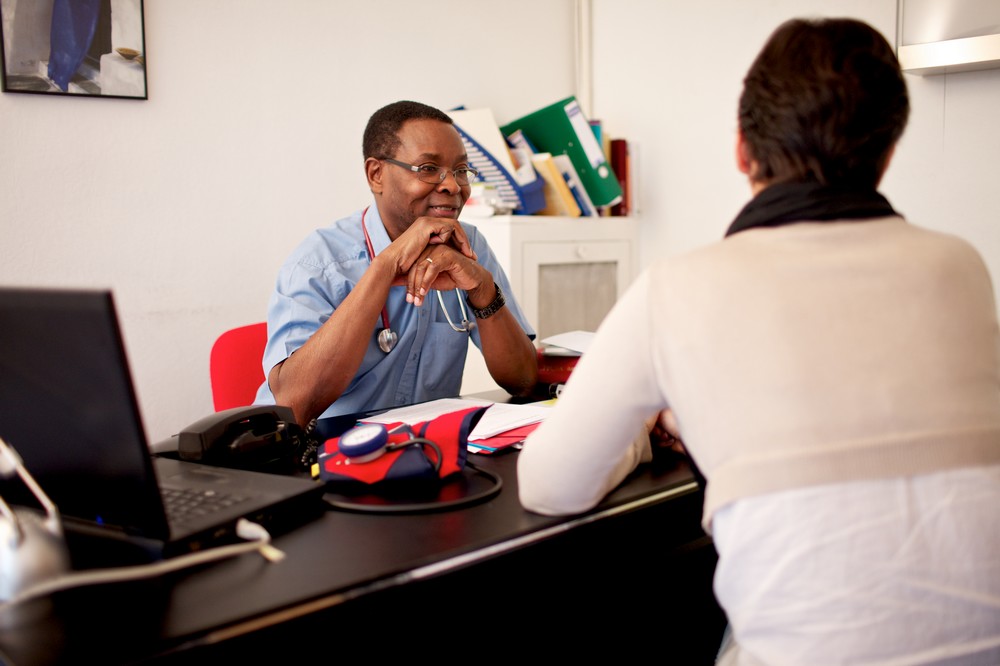
Training
The training center was first established in 2002. It enables all types of professionals working with asylum seekers to feel empowered to do so. “One doesn’t need to be a certified specialist to receive victims of torture,” stated Agrali. The goal is not for professionals to feel like specialists, but to feel more confident in the work they do when receiving refugees burdened with trauma. Over 800 professionals, such as psychologists, doctors, social workers, interpreters join sessions throughout the year. These training sessions are essential in helping care professionals manage something as complex as the trauma that is presented. Having a dedicated and trained team makes the prognostics for healing even better.
Training is also carried out abroad, notably and most recently, with the outbreak of the ongoing war, with Ukrainian health-care professionals working at Lviv Hospital.
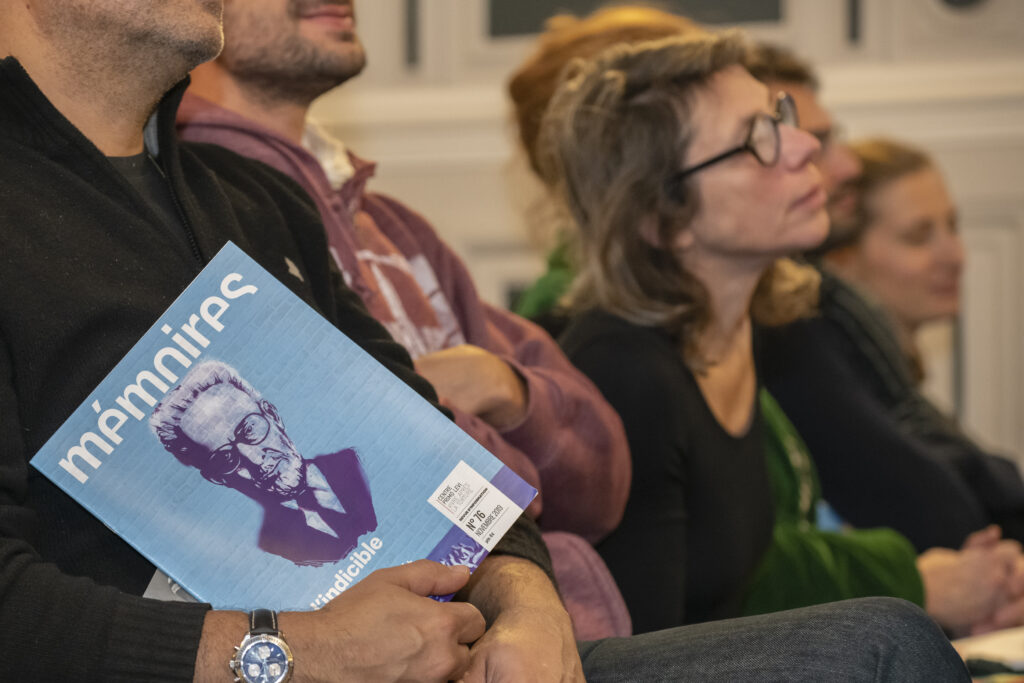
Advocacy
Lastly, Centre Primo Levi carries out advocacy work. Spreading awareness on the effects of torture and extreme violence is a large part of their work. In doing so, the hope is that asylum seekers are better received in all areas of their daily lives (accommodation, seeking asylum, access to appropriate health care…). Their struggles may go unnoticed, but very much exist; the traces of the aftermath of persecution and exile live invisibly in the lives of patients. Clinical experience in how to care for victims is passed forward. Reports are published, recommendations made, as is a triannually published magazine. Mémoires is disseminated amongst professionals and partners in the field. Mémoires acts as an opportunity to share clinical findings in writing. It is accessible to all, free of charge, largely read and approved of. You can subscribe here.
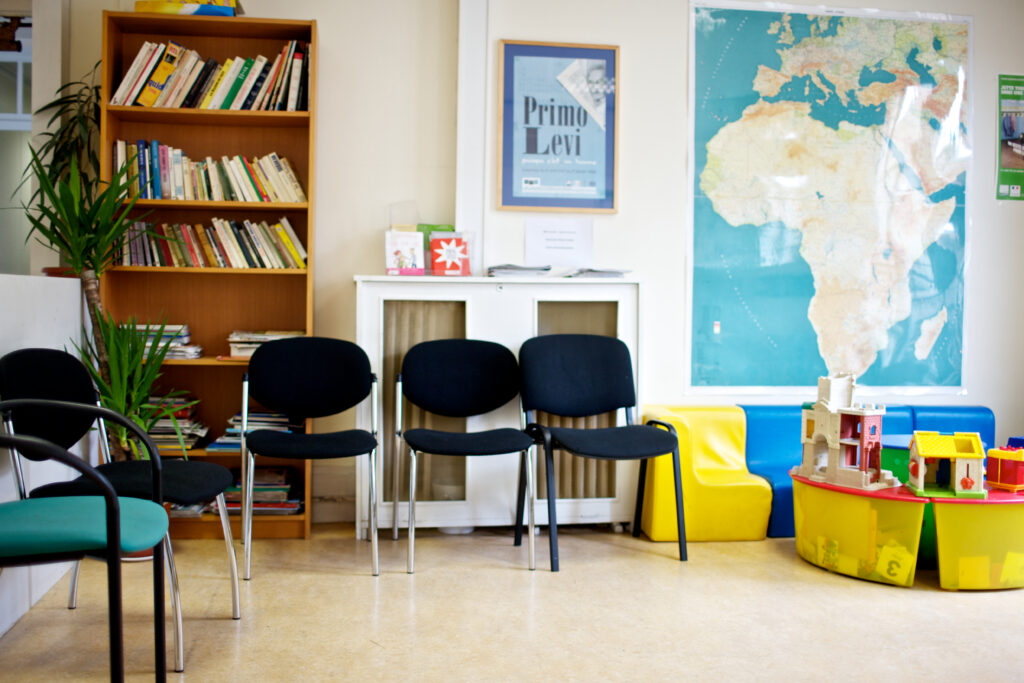
Partnering with Friends of Fondation de France
American partners can support this human rights global project by financially supporting the initiatives at Centre Primo Levi. Donations help fund treatment, training, and advocacy. “Giving grants us the means to do our work well,” stresses Agrali and further adds “our center has a great reputation, for its serious and qualitative approach” Financing this center means supporting the work of Centre Primo Levi. To support the work done at Centre Primo Levi, American-based donors can make tax-deductible donations through Friends of Fondation de France, a 501c3 nonprofit dedicated to helping cross-border giving change the world.
